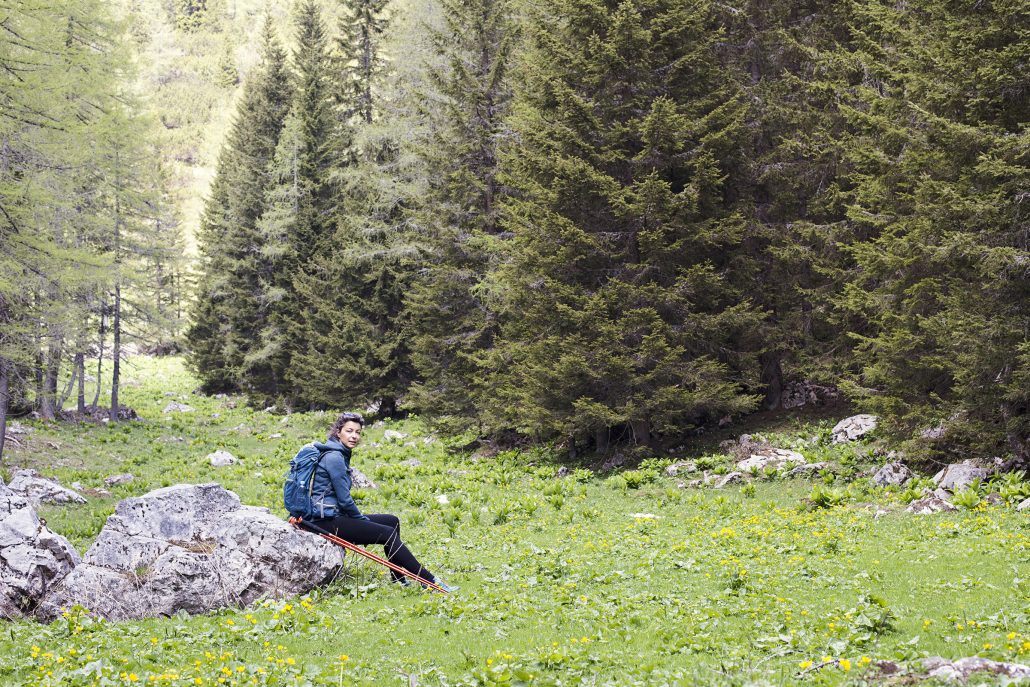
Why Should You Get Outside
Getting outside during this time of the year can be difficult because of the cold and the overwhelming speed of the spring semester. With this, the benefits of going outside can be difficult to see, but there are so many mental and physical health reasons to take an adventure outside in this cold.
February is common for academic burnout, which can leave students feeling exhausted, lacking motivation, lashing out with increased irritability, loss of confidence, and an increase of bad habits. Burnout can pour into a student’s work through missed deadlines and the inability to concentrate on schoolwork or lectures. The key way to avoid burnout is to prevent burnout. To prevent burnout, you should make time for enjoyable activities, get physical exercise, and get outside. The key to preventing burnout is doing these things regularly instead of when you’re starting to feel burnt out. By doing these things regularly and focusing on time management, you can take breaks when needed before getting burnt out. Recovering from burnout is more difficult than preventing it. The Counseling Center is open to help students five days a week and can help talk through burnout. Ignoring burnout will just make the situation worse.
The physical advantages to going outside start with lowering blood pressure and reducing stress. Going outside for a walk or simply sitting around outside can calm someone down and reduce stress-related hormones, such as cortisol and adrenaline. It has been found that anxiety, depression, and anger are notably decreased after someone spends some time outside.
Getting outside for just a little bit of time can also improve focus by taking a break from all that mentally takes it out of us and reduces the symptoms of ADHD. Research has discovered that people who have been recovering from surgery and spending time outdoors take fewer painkillers, have fewer complications, and experience shorter hospital stays. Finally, adults over 70 who spent significant time outdoors have few sleep issues, fewer aches and pains, and improved mobility throughout the day.
Studies have shown that even people that go outside to enjoy nature and not get moving receive over a 60% increase in satisfaction in their lives. Spending time outdoors can also encourage better sleep habits, especially for men over the age of 65. Though most of the University of Maine students don’t fit into that demographic, the movement and energy burnup that happens outdoors encourages better sleep.
While there are many events on campus that were discussed in the last blog post. There are great opportunities around and off-campus that give students a place to get moving and get outside. Hirundo Wildlife Refuge holds guided tours of their hikes, while also offering times to go and enjoy their seven miles of hikes. AllTrails is a great website and application to use to look into trails in our area, several of which follow the Orono Bog Walk or the Stillwater River Trail. There are so many trails to snowshoe, cross country ski, or hike on in this area, you should never feel as if you have to stay inside on those rare warm winter days.
Read more here:
“5 Ways Being Outdoors Can Make You Healthier and Happier.” Accessed January 31, 2022. https://www.sharp.com/health-news/5-ways-being-outdoors-can-make-you-healthier-and-happier.cfm.
TripOutside. “13 Remarkable Health Benefits of Getting Outdoors,” November 12, 2019. https://tripoutside.com/health-benefits-of-getting-outdoors/.
University of the People. “Academic Burnout: How to Prevent It and What to Do | UoPeople,” November 13, 2019. https://www.uopeople.edu/blog/what-is-academic-burnout/.
AllTrails.com. “AllTrails: Trail Guides & Maps for Hiking, Camping, and Running.” Accessed January 31, 2022. https://www.alltrails.com/.
Hirundo. “Home.” Accessed January 31, 2022. https://www.hirundomaine.org.
Live and Invest Overseas. “What Is Self-Sustainability?,” June 5, 2020. https://www.liveandinvestoverseas.com/self-sufficiency/what-is-self-sustainability/.
